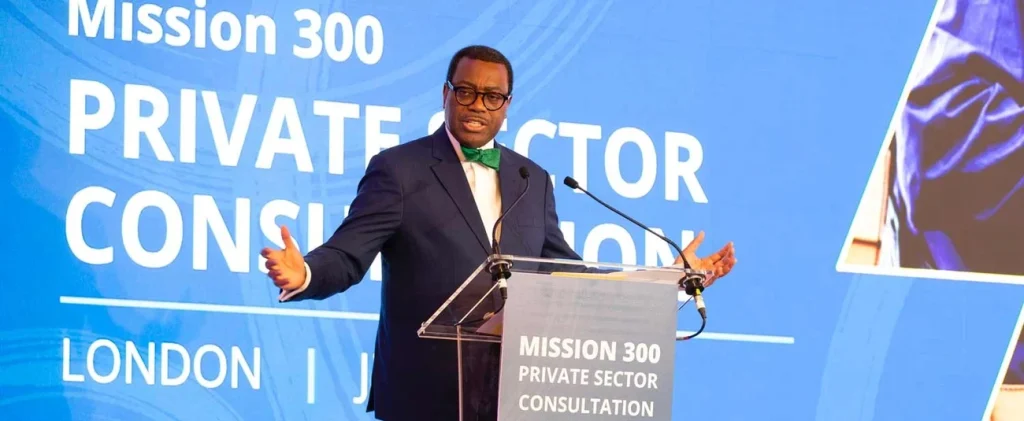The Mission 300 initiative, a collaborative effort led by the African Development Bank Group and World Bank Group, continues to gain ground as additional African countries commit to expanding electricity access. The campaign aims to connect 300 million people across the continent to power by 2030.
During a recent meeting held in London, five more countries—Burundi, Ghana, Mozambique, Togo, and Zimbabwe—unveiled their national energy compacts. These documents outline specific goals and reforms each country will pursue to support the broader objective of Mission 300. Discussions at the event focused on unlocking greater private sector investment to drive energy access initiatives across Africa.
The new compacts follow an earlier wave of 12 presented during the inaugural Africa Energy Summit in January 2025 in Dar es Salaam, Tanzania. That summit produced the Dar es Salaam Energy Declaration, in which participating leaders pledged to carry out their commitments to energy access reforms.
African Development Bank Group President Dr. Akinwumi Adesina told the gathering that the initiative builds upon a decade of solid progress. “When I began my presidency in 2015, I prioritized energy access by launching the New Deal on Energy for Africa. At that time, just 39% of Africa’s population had electricity. By 2023, that figure had risen to 53%,” he said.
He added that the Bank Group has since provided electricity access to over 28 million people and contributed to an increase of 12,000 megawatts in installed power capacity continent-wide.
Adesina reaffirmed the urgency of Mission 300, stating, “Enough is enough. The time for half measures is over… Africa cannot prosper in the dark. We must deliver universal access to electricity for Africa.”
He also commended the World Bank for its steadfast collaboration and acknowledged the support of several financing institutions that have backed the initiative, including the International Finance Corporation, Islamic Development Bank, French Development Agency, OPEC Fund, Cassa Depositi e Prestiti, and the Asian Infrastructure Investment Bank.
World Bank Group President Ajay Banga emphasized the indispensable role of private investment. “Without the private sector, we will not create jobs. Our responsibility is to foster an environment where the private sector can invest responsibly and succeed,” he said.
Subsequent panel discussions underscored the need for strong political leadership to encourage private sector engagement. Key themes included innovative financing tools such as debt and equity instruments, local currency funding, and guarantees, alongside increased cooperation between public institutions and private enterprises.
In his closing remarks, Dr. Kevin Kariuki, Vice President of the African Development Bank Group for Power, Energy, Climate, and Green Growth, highlighted the growing momentum behind the initiative. He announced that by September 2025, all 20 national energy compacts from the second group of participating countries would be ready for adoption.
“Mission 300 represents Africa’s most ambitious and unified push for universal energy access. Achieving this vision will require fresh capital, new partnerships, and innovative solutions,” Kariuki said.



